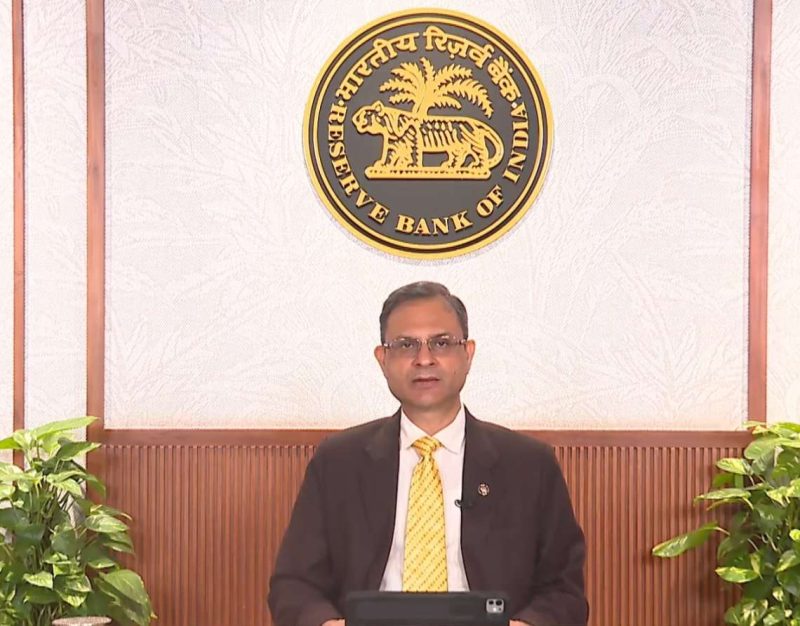The IRDAI has also said to a RTI query in 2019 that it has no specific laid down criteria/yardsticks/parameters to be adopted before appointing an officer as Chief Vigilance Officer or Vigilance Officer…reports Venkatachari Jagannathan
The Insurance Regulatory Authority of India (IRDAI) is not exempted from getting the Chief Vigilance Commissioner’s approval before appointing its Chief Vigilance Officer, the government said.
The position was made clear in Finance Minister Nirmala Sitharaman, in a written reply to a question raised by AAP Rajya Sabha member Narain Dass Gupta, who is a qualified chartered accountant, and former President of Institute of Chartered Accountants of India (ICAI).
Curiously, the IRDAI while replying to similar questions raised under Right to Information (RTI) has categorically said the approval of Chief Vigilance Commissioner’s approval for appointment of its Chief Vigilance Officer is not required, a senior IRDAI official told IANS preferring anonymity.
The IRDAI has also said to a RTI query in 2019 that it has no specific laid down criteria/yardsticks/parameters to be adopted before appointing an officer as Chief Vigilance Officer or Vigilance Officer.
“As per the Finance Minister, the IRDAI is not exempted from getting Chief Vigilance Commissioner’s approval while appointing its Chief Vigilance Officer. Hence, the Chief Vigilance Officer post is a sensitive post as per the government norms. And the official has to be transferred every three years,” the senior IRDAI official said.
To the question on the IRDAI’s vigilance policy, Sitharaman had said: “With regard to vigilance policy, the IRDAI has informed that it follows the Vigilance Manual issued by the Central Vigilance Commission (CVC) while dealing with vigilance complaints and, given this, it has not framed a separate vigilance policy.”
She also said IRDAI does not have a separate whistle-blower policy as it follows the Government Resolution published by the Department of Personnel and Training in the matter of probing complaints of corruption or misuse of office while keeping the identity of the complainant secret.
On the question of compulsory leave policy of the insurance regulator, Sitharaman said: “IRDAI has informed that it does not have such a policy, as the apparent rationale for such a policy is to serve as a check on adherence to procedures, guidance, instructions by personnel dealing with operations in the financial markets, sizeable amount of cash, etc, whereas IRDAI does not engage in such dealings.”














